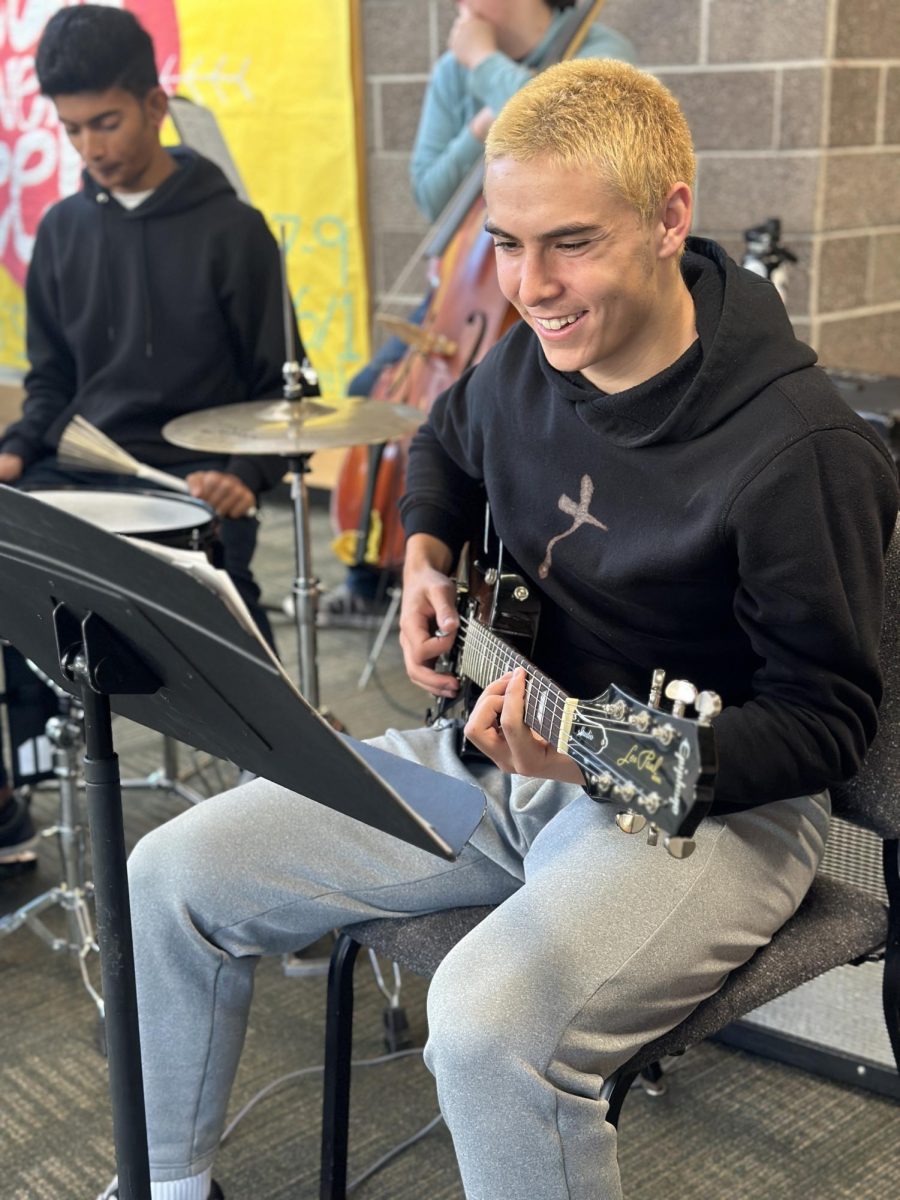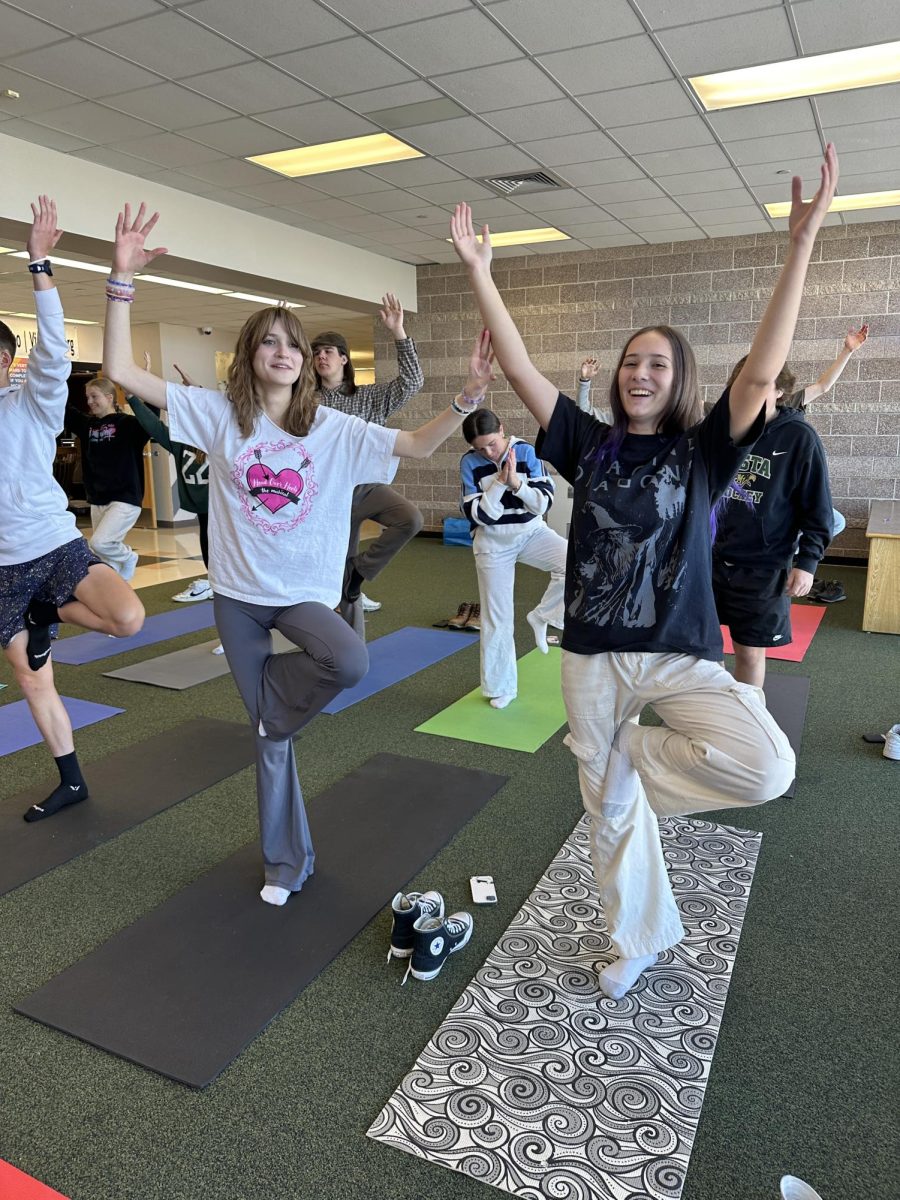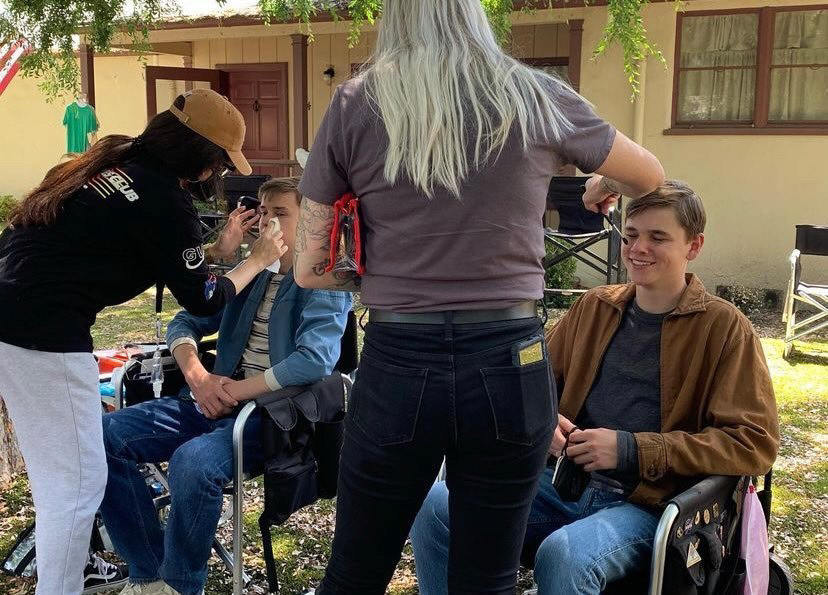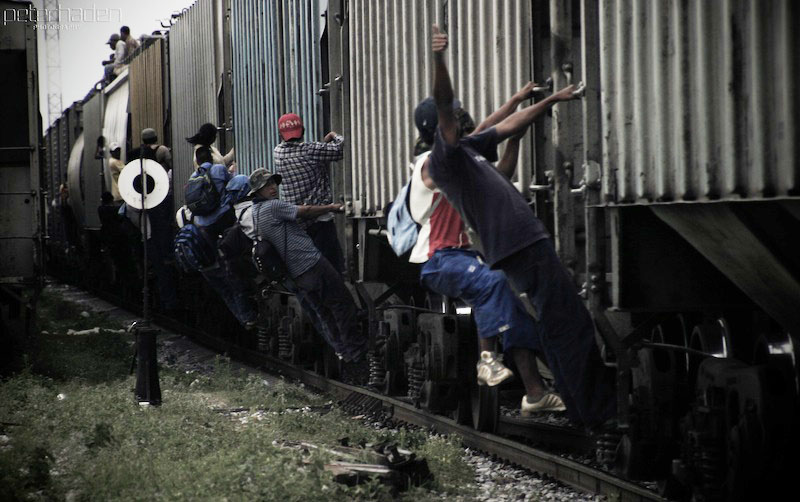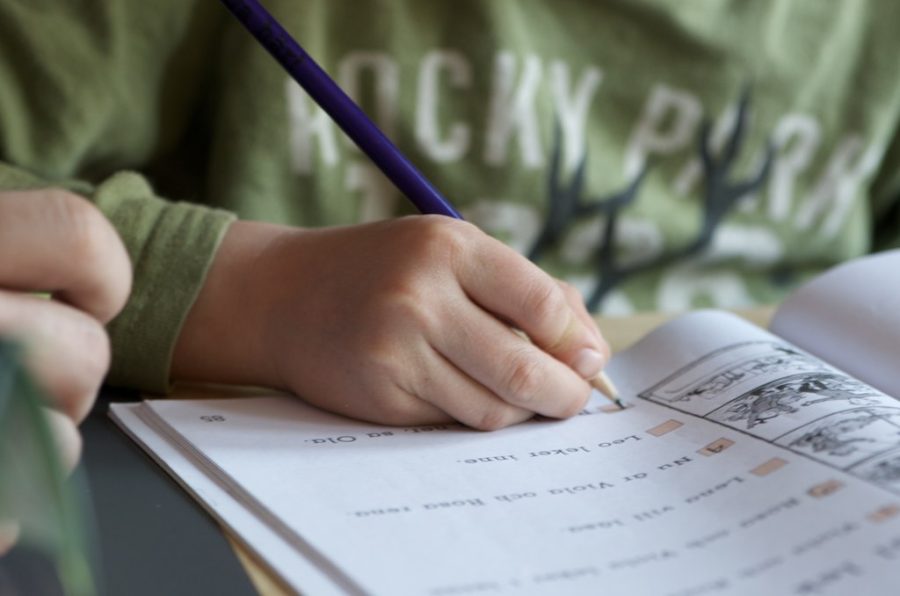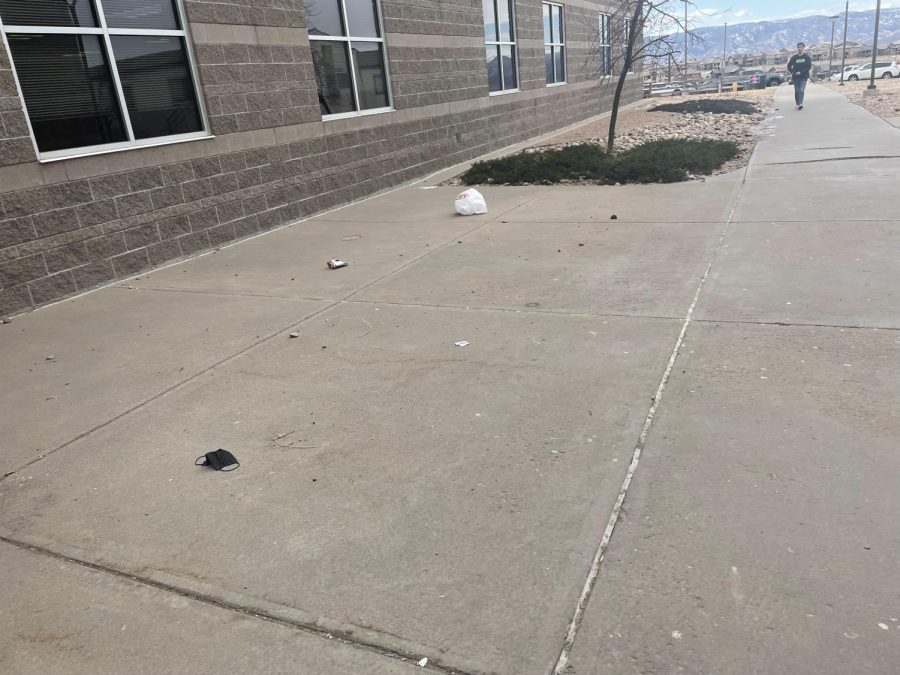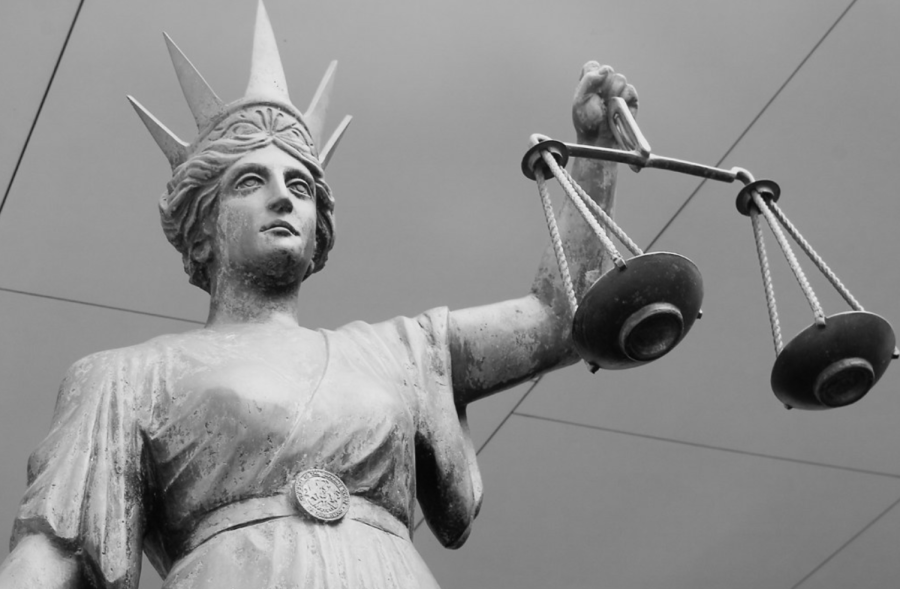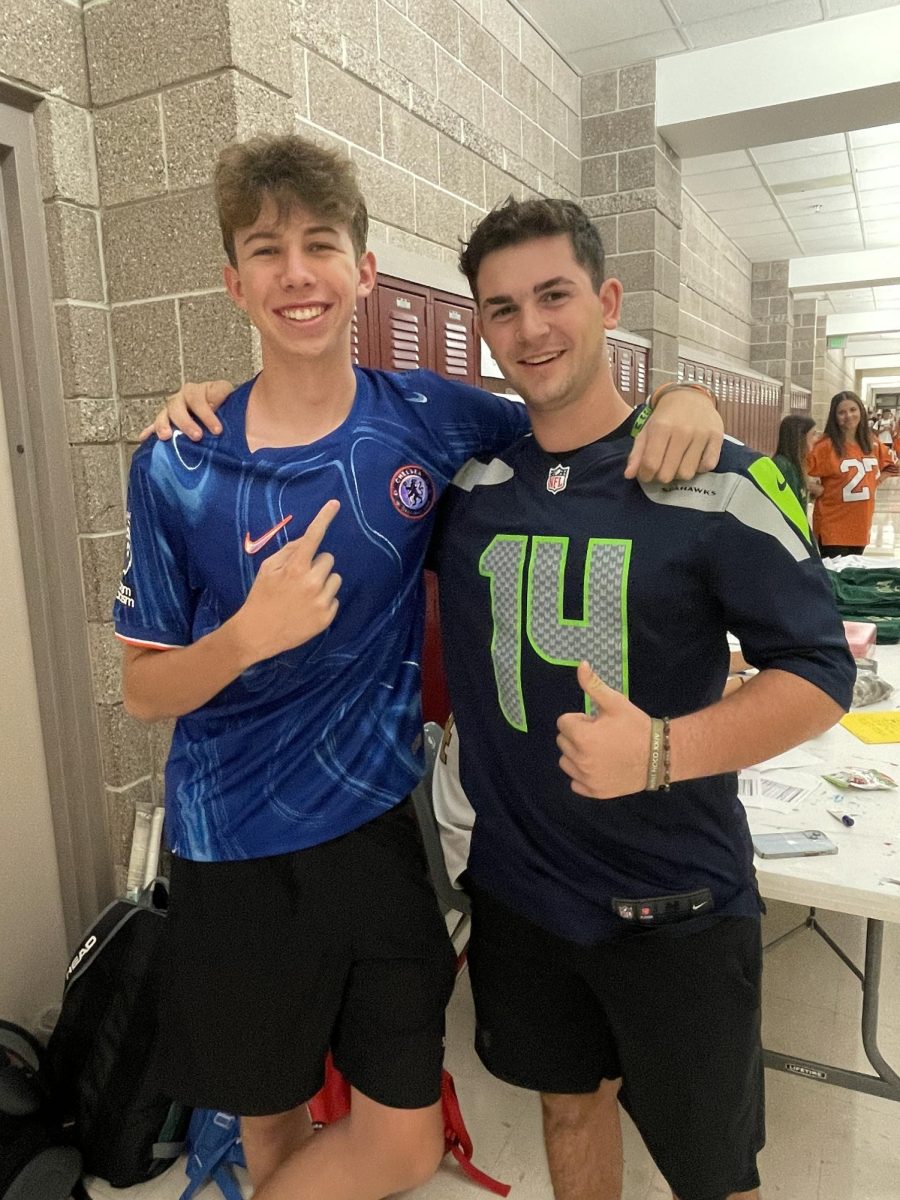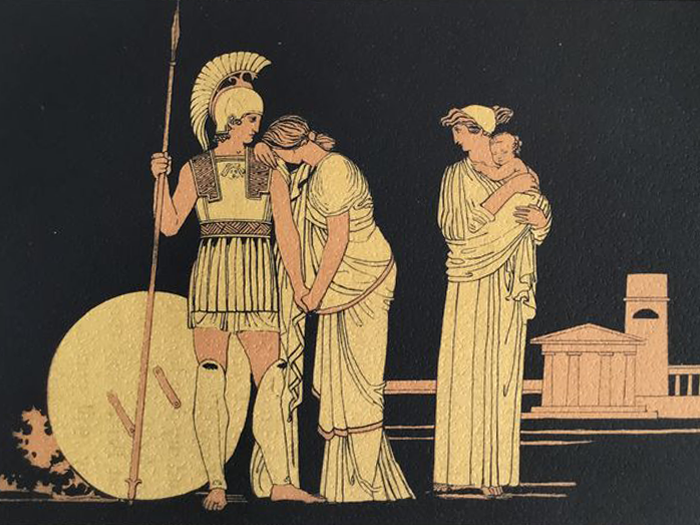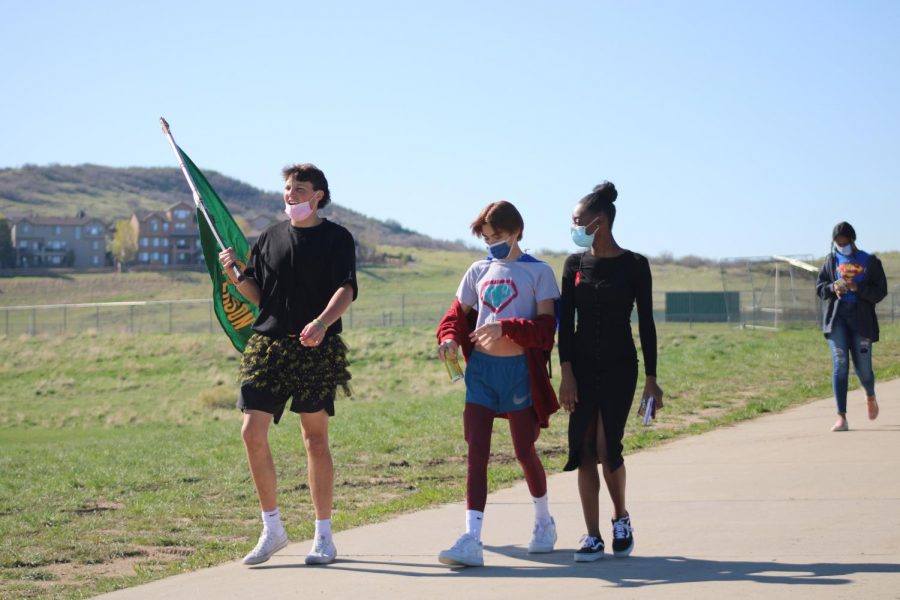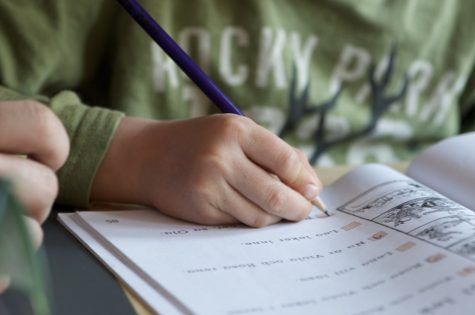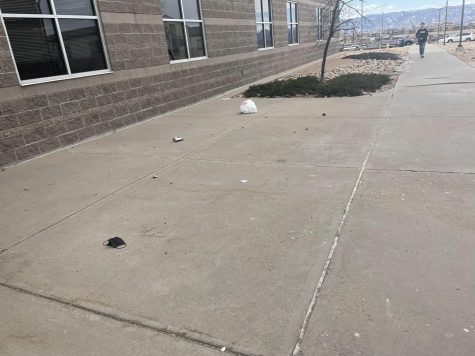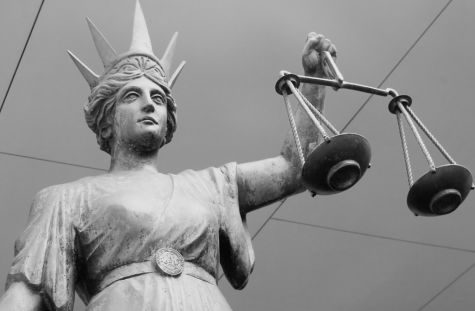OPINION: Petitions Don’t Hold the Same Value as They Did Before
//MARTIN SCHMITZER//
When one thinks of a petition, they think of it as a rallying force in which like-minded people gather to attempt to make a change in their communities. More recently however, petitions, as well as other forms of social change, seem to have fallen by the wayside.
Take the petition named “No school the day after Halloween for Douglas County School District” on change.org, for example. According to the statistics on the change.org page, more than 200,000 people, including parents, have signed this petition and yet nothing has come of it. No response from the district denying or accepting it.
Nothing.
You would think that such a turn out would garner at least some kind of response, but you would be quite wrong. This goes to show the horrifying lack of care that our society gives to change. If we stop caring about trivial things such as deciding on taking a day off school, then who knows what this kind of indecision could lead?
Now you might be thinking, how can such a small amount of indecision influence our society as a whole? Three words. The Butterfly Effect. According to Urban Planning and Spatial Analysis Professor at USC, Geoff Boeing, in his paper “Visual Analysis of Nonlinear Dynamical Systems: Chaos, Fractals, Self-Similarity and the Limits of Prediction”, “Chaotic systems are characterized by their sensitive dependence on initial conditions. Their strange attractors are globally stable, yet locally unstable: they have basins of attraction, yet within a strange attractor, infinitesimally close points diverge over time without ever leaving the attractor’s confines.”
In simple terms, the Butterfly Effect states that even the smallest change to a system could result in a disastrous change to the system at a later time. In this example, one small event could have dangerous repercussions in our society. Say one, or more, of the more than 200,000 people who signed the “No school the day after Halloween for Douglas County School District” petition became disheartened that their voice wasn’t heard. This might convince them that no matter what they do, their opinion will never be acknowledged. Feeling hopeless, this person might begin to make rash decisions, such as deciding not to vote in the next election.
Now one singular person doesn’t normally present any risk to disrupting society一 it is when others latch onto their ideals that the problems start to arise. More and more people also start rashly deciding they won’t vote, and before you know it, an entire state has decided to abstain.
This ideology might spread to other states, and, not too much later, the entire Midwest has decided not to vote. This predicament would make it exponentially harder to elect a president because of the lack of voters. While this outcome is purely hypothetical, the question must be asked: How hypothetical is it really?




